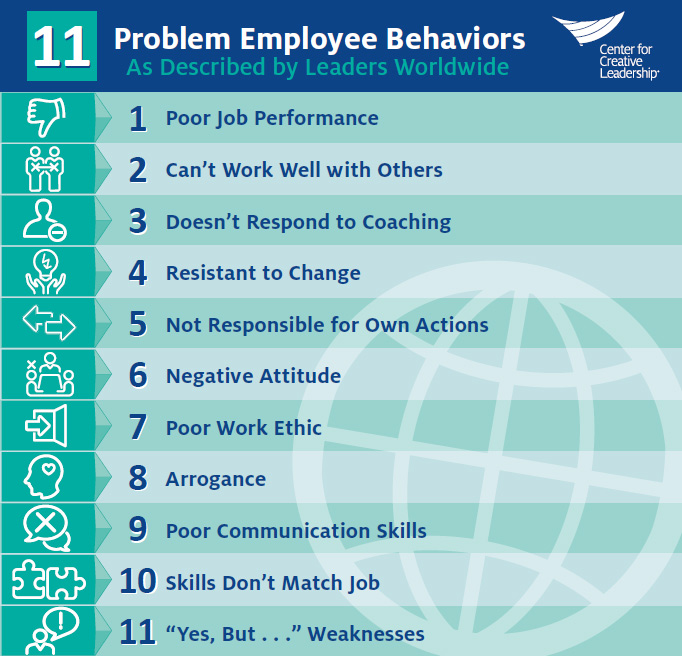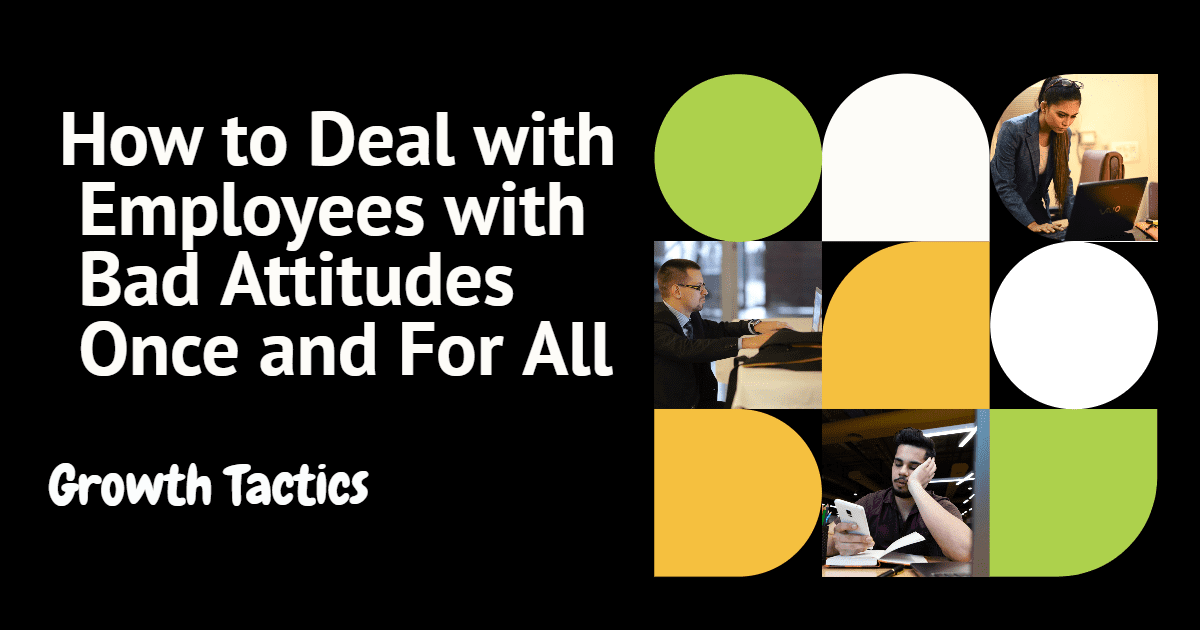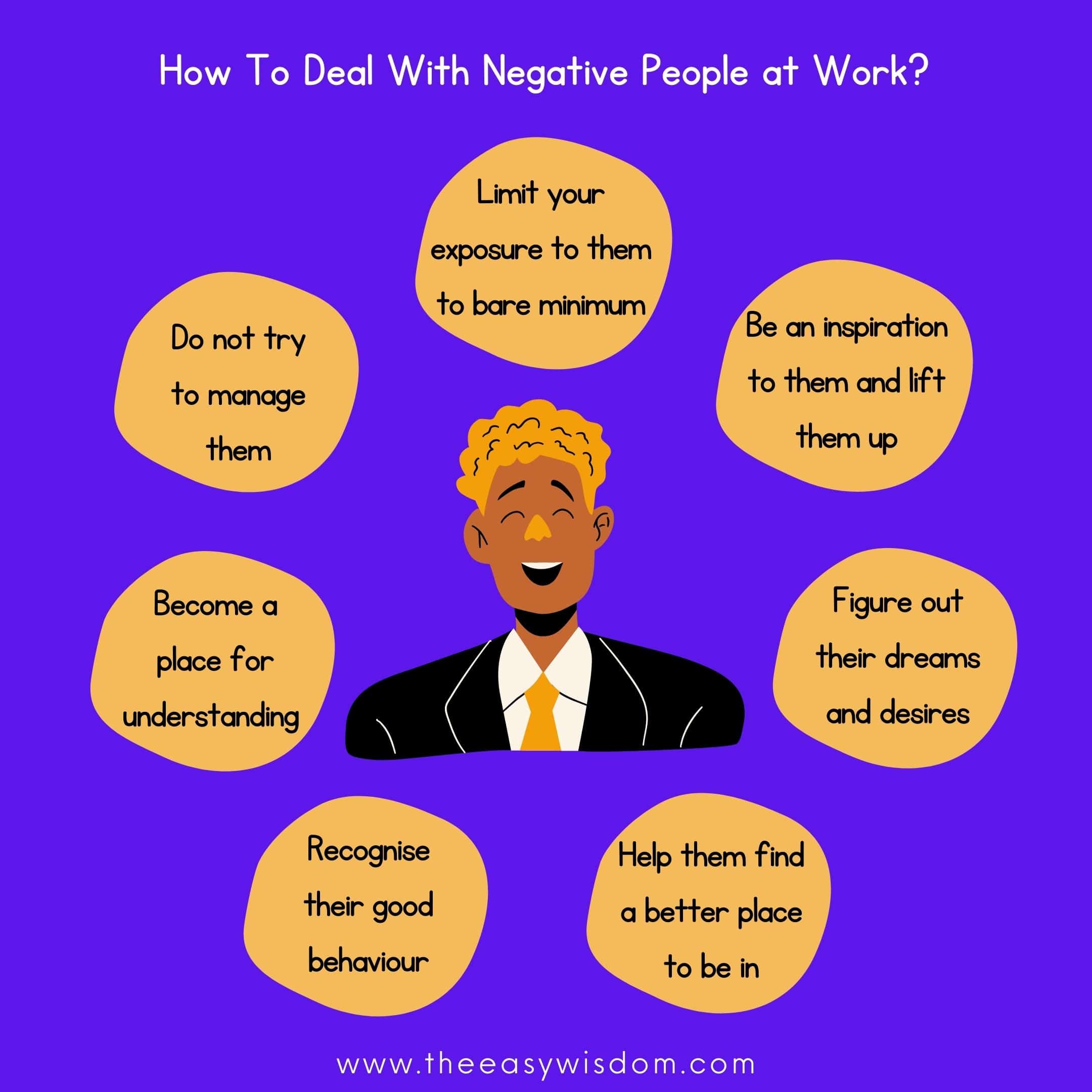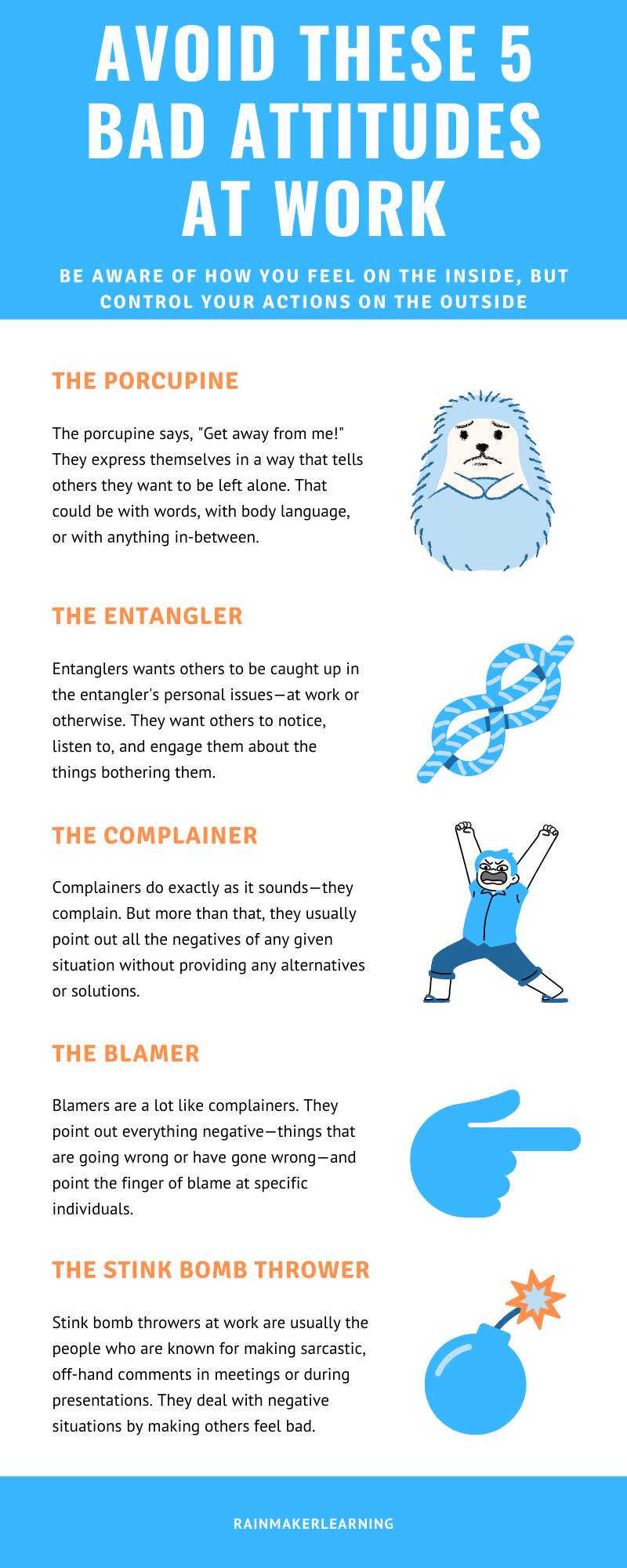How To Manage Bad Attitude Employee
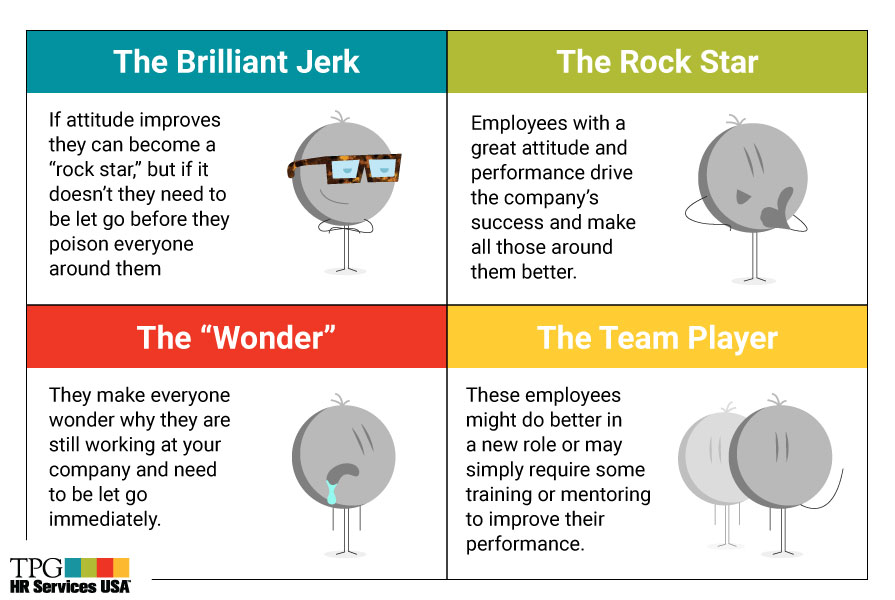
Employee morale plummeting? Disruptive behavior impacting team performance? You're not alone. Dealing with a bad attitude employee is a challenge faced by many organizations, demanding swift and strategic action.
The situation requires immediate attention. Ignoring the problem can lead to decreased productivity, increased employee turnover, and a toxic work environment. This article provides actionable steps to manage and, if possible, rehabilitate difficult employees, ensuring a more positive and productive workplace.
Identifying the Root Cause
Before taking disciplinary action, identify the source of the negativity. Is it stemming from burnout, personal issues, lack of recognition, or a feeling of being undervalued? Understanding the 'why' is crucial.
According to a 2023 study by Gallup, 50% of employees have left a job to get away from their manager. Addressing managerial issues could be the key. Start with confidential one-on-one meeting to understand the underlying problem.
Documentation is Key
Document everything. Track specific instances of negative behavior, including dates, times, and witnesses. This creates a clear record for potential disciplinary actions.
Include specific examples. Phrases like "was consistently late," "refused to assist colleagues," or "made disparaging remarks" provides concrete support. Clear documentation protects the company from potential legal challenges.
Direct and Honest Communication
Schedule a private meeting to address the attitude directly. Be specific about the unacceptable behaviors and their impact on the team. Avoid generalizations.
Use "I" statements to express concerns. For example, "I've noticed your negativity is impacting team morale," rather than "You're always negative." Focus on the behavior, not the person.
Setting Clear Expectations and Consequences
Clearly outline expectations for improvement and the consequences of failing to meet them. Ensure the employee understands the required changes in behavior.
Offer support and resources for improvement. This could include training, mentoring, or access to employee assistance programs (EAPs). Show a commitment to helping them succeed.
Performance Improvement Plan (PIP)
If the initial conversation doesn't lead to improvement, implement a formal Performance Improvement Plan (PIP). A PIP outlines specific goals, timelines, and consequences for non-compliance.
The PIP should be measurable and achievable. Include regular check-ins to monitor progress and provide feedback. Be prepared to enforce the consequences if the PIP is not followed.
Addressing Team Morale
The negative attitude of one employee can affect the entire team. Communicate with the team to address concerns and reassure them that the situation is being handled.
Consider team-building activities to improve morale and communication. A positive team environment can often mitigate the negative impact of one individual. According to a 2022 study by SHRM, positive work culture is key to employee retention.
When to Consider Termination
If the employee fails to improve despite efforts, termination may be necessary. Ensure all documentation is in order and that the termination is handled professionally and legally.
Consult with HR and legal counsel before proceeding with termination. Minimize risk by adhering to company policies and applicable laws. Replacing a toxic employee can boost morale and productivity.
Ongoing Monitoring and Prevention
Continuously monitor the work environment for potential problems. Implement regular employee surveys and feedback sessions to identify issues early.
Invest in leadership training for managers. Equip them with the skills to identify and address negative attitudes effectively. Proactive measures are crucial. Creating a culture of open communication is essential for long-term success.
The fight against toxic work enviroment is ongoing. By implementing these steps, organizations can proactively manage bad attitude employees, fostering a more positive and productive workplace for everyone.






